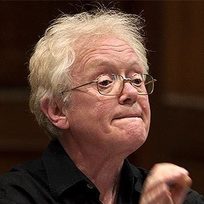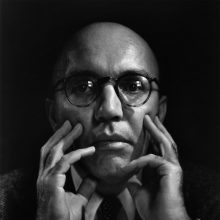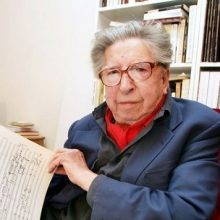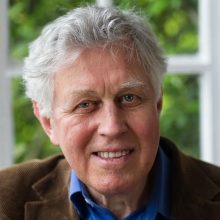Page Category: Composer Biographies
Grigori Frid
Music Plays from my collection
(since January 9th 2021)
[...] Harald Sæverud
Music Plays from my collection
(since January 9th 2021)
[...] Gottfried August Homilius
Music Plays from my collection
(since January 9th 2021)
[...] Jan Pieterszoon Sweelinck
|[Music Play History]|[Composer Catalogue]|[Now Playing]|
Plays of this Composer's Music
(since January 9th 2021)
[...] Christopher Gunning

One of very few composers in my collection who, at least at the time of writing, is (a) still alive and (b) has his own website!
(Note: sadly, the composer died in March 2023, aged 78). [...]
Frederic Cliffe
Music Plays from my collection
(since January 9th 2021)
[...] Alexander Vasilyevich Mosolov
|[Music Play History]|[Composer Catalogue]|[Now Playing]|
Plays of this Composer's Music
(since January 9th 2021)
[...] Alexander Dmitriyevich Kastalsky
|[Music Play History]|[Composer Catalogue]|[Now Playing]|


